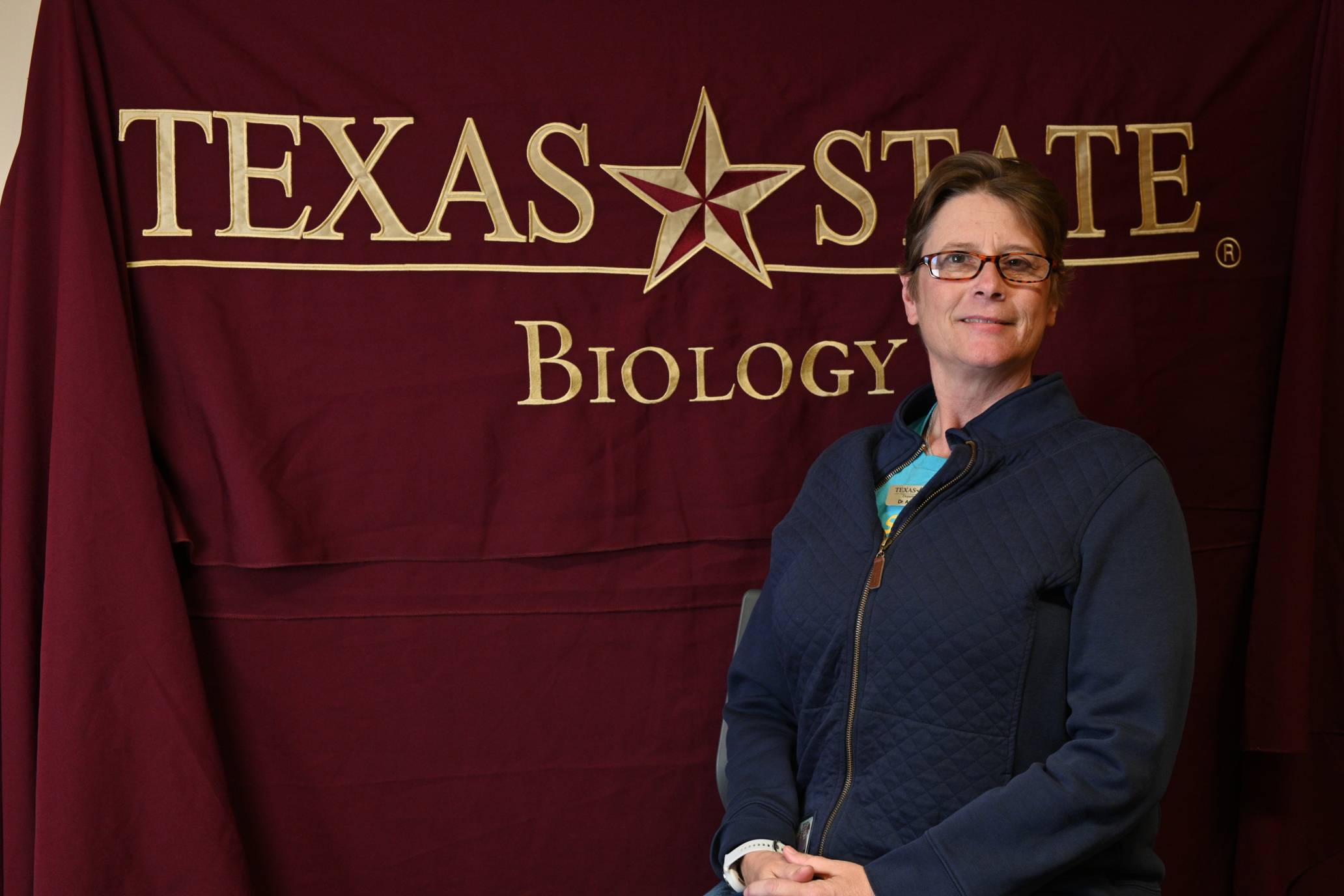Courses
Organismal Biology (BIO 1331)
Organismal Biology Lab (BIO 1131) - Lab Coordinator
Animal Behavior (BIO 4472/5472)
Research Interests
Behavioral Ecology, Sexual Selection, Biology Education Research
Selected Publications
Aspbury, AS, KL Grayson, S Fantaye, I Nichols, M Myers-Burton, X Ortiz-Mangual, & CR Gabor. 2016. The association between male-biased sex ratio and indicators of stress in red-spotted newts. Physiology and Behavior 173: 156-162.
Decolo, S, AS Aspbury, K Ostrand, CR Gabor. 2016. Male – male interactions and their influence on the mating behavior and success in the fountain darter, Etheostoma fonticola. Acta Ethologica 19: 15-20.
Reedy, AM, A Edwards, C Pendlebury, L Murdaugh, R Avery, J Seidenberg, AS Aspbury, CR Gabor. 2014. Male and female newts increase corticosterone during amplexus. Integrative and Comparative Biology 208: 57-63.
Kim, D, J. Waller, AS Aspbury, CR Gabor. 2014. Mating preferences of the gynogenetic Amazon molly differ between populations sympatric with different host species. Ethology 120: 1-9.
Muraco, JJ, AS Aspbury, CR Gabor. 2014. Does male behavioral type correlate with species recognition and stress hormones in a unisexual-bisexual mating complex? Behavioral Ecology 25: 200-205.
Alberici da Barbiano, L, R Robinson, M Tobler, AS Aspbury & CR Gabor. 2014. Differences in resource assimilation between the unisexual Amazon molly, Poecilia formosa (Poeciliidae) and its sexual host (Poecilia latipinna). Environmental Biology of Fishes 97:875-880.
Please see faculty member’s CV or website for a complete list of publications and additional information.
